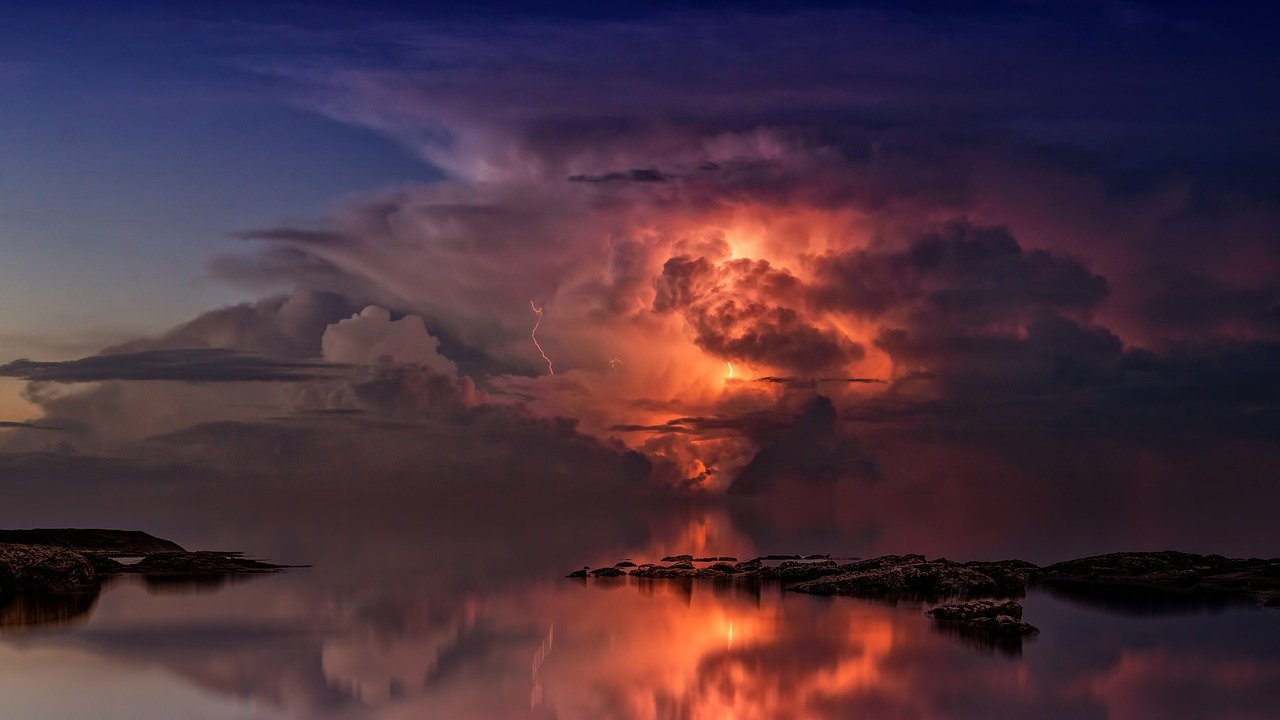Fishing is a popular recreational activity enjoyed by millions around the world. While it offers a great opportunity to relax and connect with nature, the weather conditions can greatly impact the success of your fishing trip. In this article, we will explore the best weather conditions for fishing, as well as the advantages and disadvantages of fishing in different weather conditions. Additionally, we will emphasize the importance of safety and knowing when to recognize unfavorable conditions.

Best Weather Conditions for Fishing
When it comes to fishing, certain weather conditions can greatly enhance your chances of a successful outing. Here are some of the best weather conditions to look out for:
1. Overcast Skies
Overcast skies are often considered ideal for fishing. The reduced sunlight can make fish more active and less cautious, making them more likely to bite. Additionally, the cooler temperatures associated with overcast weather can also attract fish to shallower waters.
2. Stable Barometric Pressure
Stable barometric pressure, which refers to the atmospheric pressure, is another key factor in determining fishing success. Fish are more likely to be active and feeding when the barometric pressure remains steady. Look for periods of stable pressure to plan your fishing trips.
3. Mild Winds
Mild winds can create ripples on the water’s surface, making it harder for fish to detect your presence. This can increase your chances of catching fish, especially in lakes and rivers. However, be cautious as strong winds can be dangerous and make fishing difficult.
Advantages and Disadvantages of Fishing in Different Weather Conditions
While certain weather conditions are generally favorable for fishing, it’s important to consider the advantages and disadvantages of fishing in different weather conditions:
1. Sunny Days
Advantages: Sunny days can provide pleasant fishing experiences, especially when combined with calm winds. The clear skies allow for better visibility both above and below the water surface, making it easier to spot fish.
Disadvantages: However, bright sunlight can also make fish more cautious and seek shelter in deeper waters or under vegetation. Additionally, fishing during hot summer days can be uncomfortable and increase the risk of dehydration.
2. Rainy Days
Advantages: Rain can create a feeding frenzy among fish, as it washes insects and other food sources into the water. Additionally, the sound of rain can help mask your presence, making fish less wary.
Disadvantages: Fishing in heavy rain can be uncomfortable and pose safety risks, especially if there is lightning or strong winds. It is important to prioritize safety and avoid fishing during severe weather conditions.
3. Cold Weather
Advantages: Cold weather can be advantageous for certain types of fishing, such as ice fishing. Fish tend to be more active in colder temperatures, and the ice cover can provide a stable platform for anglers.
Disadvantages: Fishing in extremely cold weather requires proper clothing and precautions to avoid hypothermia. Ice conditions must also be carefully assessed to ensure safety.
The Importance of Safety
While fishing can be an enjoyable activity, it is crucial to prioritize safety at all times. Here are some safety tips to keep in mind:
1. Monitor Weather Conditions
Always check the weather forecast before heading out. Be aware of any potential storms, high winds, or other dangerous weather conditions that may arise during your fishing trip.
2. Recognize Warning Signs
Pay attention to warning signs such as darkening skies, sudden changes in wind direction, or rapid drops in temperature. These signs may indicate an approaching storm and it’s important to take immediate action to ensure your safety.
3. Have Safety Equipment
Carry essential safety equipment, including life jackets, a first aid kit, a whistle, and a fully charged mobile phone. These items can prove invaluable in case of emergencies.
4. Inform Others
Always let someone know about your fishing plans, including your expected return time and location. This ensures that someone can raise the alarm if you fail to return as scheduled.
5. Trust Your Instincts
If you feel that the weather conditions are deteriorating or becoming unsafe, trust your instincts and make the decision to stop fishing. It is better to be safe than to risk unnecessary danger.
Fishing is a wonderful pastime that can be enjoyed in various weather conditions. By understanding the best weather conditions for fishing and being aware of the advantages and disadvantages of different weather conditions, you can increase your chances of a successful fishing trip. However, it is crucial to prioritize safety and recognize when conditions become too dangerous. Always stay informed, prepared, and trust your instincts to ensure a safe and enjoyable fishing experience.
